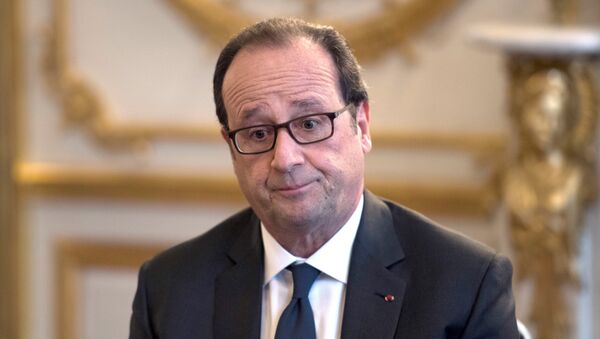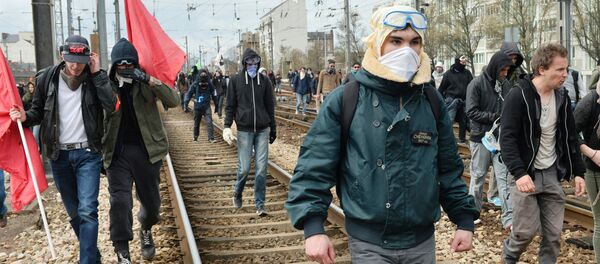Hollande knew his unpopularity — ultimately — was down to his being unable to turn round the fortunes of the French economy and the fact that he caused massive anger over his deeply unpopular reforms to France's strict labor laws.
The controversial changes — which have seen unions and students stage months of strikes and protests — gave employers more scope to lay-off workers, cut costs and allow some employees to work far longer than the current maximum 35-hour week.
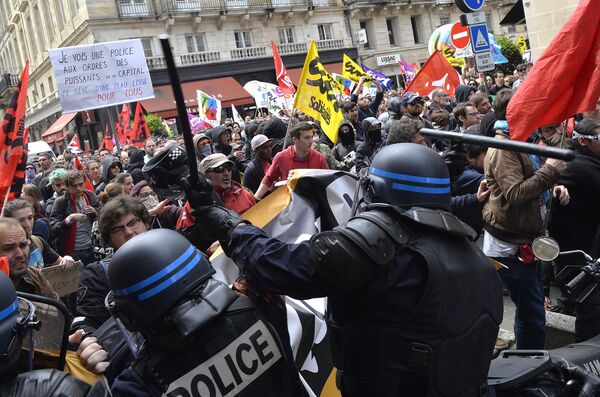
Hollande has suffered from the stubbornness of the French unemployment rate, which has failed to budge far from its ten percent rate during his presidency. He had staked his reputation on getting it into single figures before deciding to stand for the presidency again.
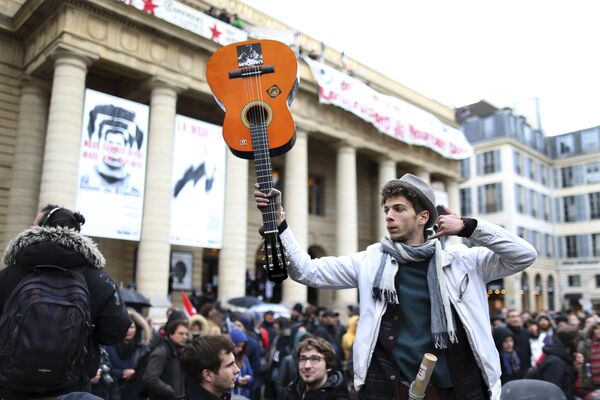
His labor reforms were unpopular with the unions and his own Socialist party, which was already lambasting him for rolling back on plans to tax the super-rich at 75 percent for those earning over US$1 million. His own economy minister Emmanuel Macron — now also standing for the presidency — described the supertax as "Cuba without the sun."
Meanwhile, his approval ratings have fallen to a record low, at just four percent, according to a poll conductd in October 2016 by French newspaper Le Monde.
This is down from 29 percent in January 2015 — following before the Charlie Hebdo and other terrorist attacks for which he drew praise for his handling of the atrocity.
He came to power in 2012 with a 63 percent approval rating.
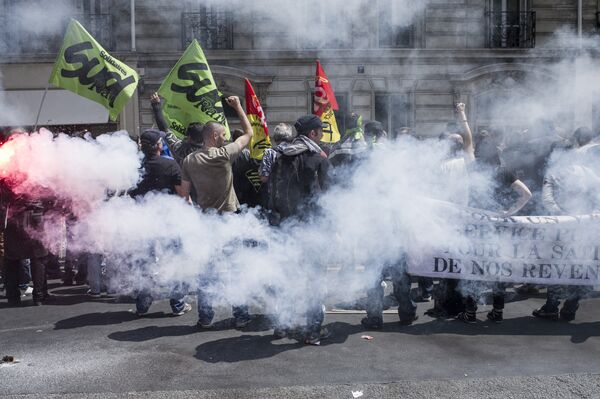
However, months of continuing strikes and protests — affecting state airliner Air France, railroad company SNCF and many other unions — brought down his political worth. The November 13 terror attacks in Paris added ammunition to the belief that France was not safe under his leadership.
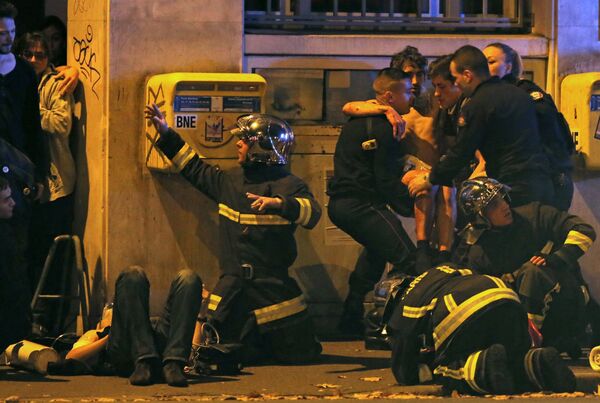
Despite another spike in his approval rating in the weeks that followed, the figure continued to slide.
Police Exhaustion
He also saw a backlash from the police, who had become exhausted by the continuing imposition of emergency powers, which had added massive overtime to the already burdened law enforcement agencies. They also had to contend with riots against the police in areas of major cities that had become no-go zones, because of cutbacks in police resources over the years.
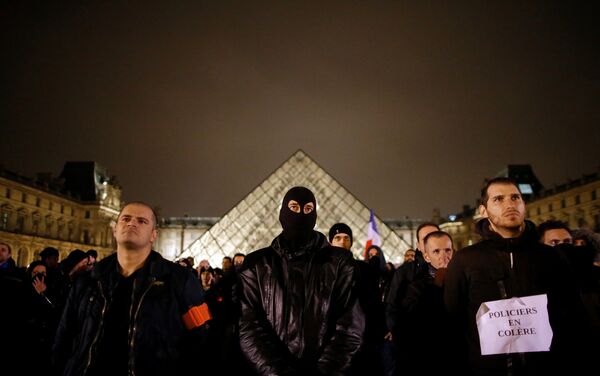
Hollande's final indignity was the fact that he was to face a primary election, in his Socialist Party, for the candidacy with his Prime Minister, Manuel Valls, the frontrunner to take him on. Opinion polls showed Hollande stood no chance of winning the presidency and he fell on his sword.
French President Francois Hollande sees his approval rating jump 13 points to 29%, after he announces he won't run again. Ouch.
— Paul Waldie (@pwaldieGLOBE) December 6, 2016
Having been vilified for his indecision and lack of ability to tackle the problems with the economy and unemployment, it is ironic that he looked at the possibility of becoming the first French president since the war not to seek re-election and took the historic decision not to do so.

